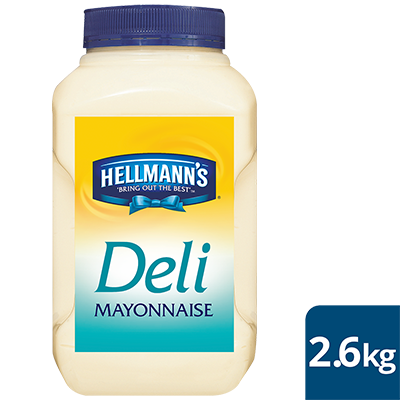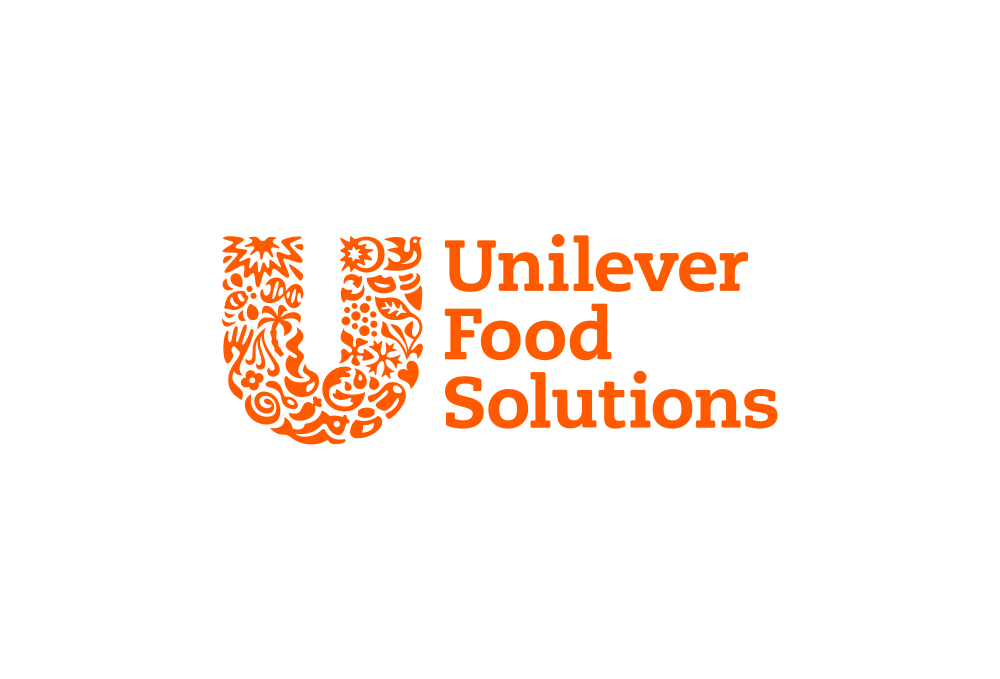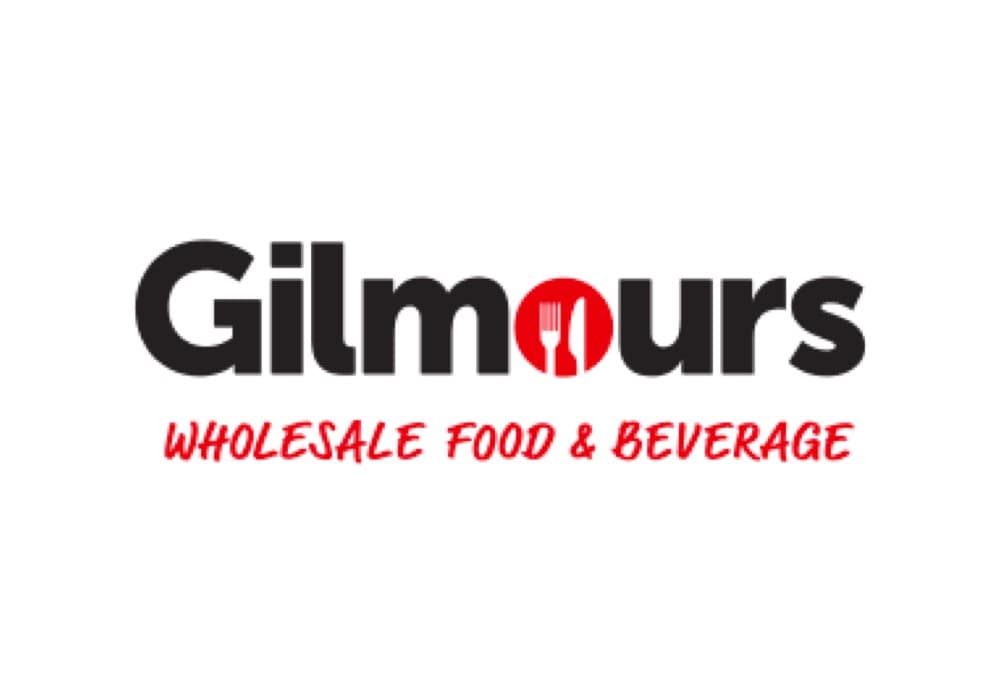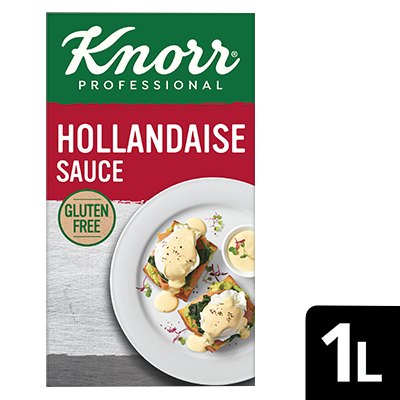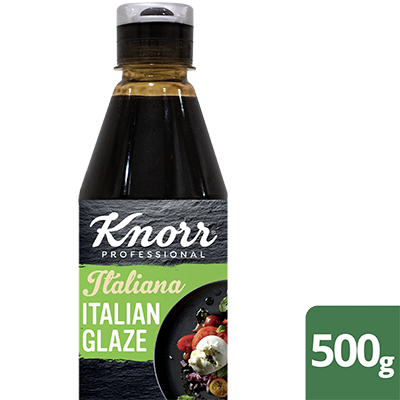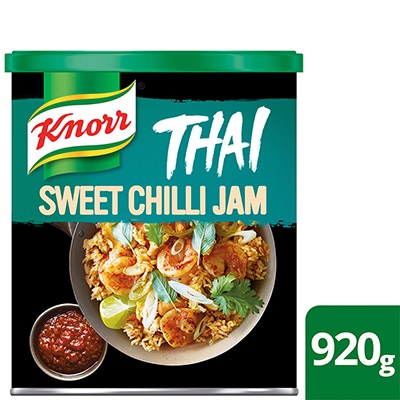Updated on Monday, 14ᵗʰ November, 2022
Is the kitchen spotless, the grease trap clean, the hand sinks shining? If these questions keep you up at night, then chances are that a health inspection is coming up.
It doesn’t have to be that stressful though. As a café owner, annual health inspections help you have a full understanding of the safety and cleanliness of your venue. In fact, your café should be able to pass a health inspection at any time [and it might have to].

The good news is, you can stay ahead of the game and be prepared when a health inspector walks into your café, clipboard in hand.
Here are a few recommendations to help you and your staff ace that health report:
Health and hygiene
Any café serving food must have hand washing facilities and adequately train all kitchen staff in food hygiene. If a person is sick, especially with vomiting or diarrhoea, they should stay away from the kitchen for 48 hours.
This is what the safety inspector looks for:
- Cooks and chefs wearing gloves and using utensils to avoid unnecessary contact with ready-to-eat food
- Kitchen staff wearing clean clothing
- Staff coughing or visibly unwell
Get a detailed understanding of what’s required, here:
Food handling
All food in your café must be correctly received, stored, displayed, served and disposed of. It must arrive and be kept at the correct temperature (e.g. under 5 degrees Celsius for milk and meat), with a two-hour limit on being outside of that temperature.
The other thing to keep in mind is packaging. Some materials aren't allowed to be used to store food, so make sure what you're putting your food in is compliant.
The food handling checklist also covers:
- Checking that food for disposal is identified and separated from normal stock
- The correct thawing of food
- Self-serve bars – they must be supervised and protected by sneeze guards
Find out how you can get your staff certified at a leading Australian educational organisation:
Cleaning and sanitising
Your kitchen should be the perfect example of cleanliness, especially on surfaces that come into contact with food.
Cleaning and sanitising stops the growth and spread of bacteria that causes food poisoning. It also protects food from being contaminated by rats, cockroaches and other bugs.
Use water based cleaning products for safety where possible and clean everything thoroughly at the end of each working day. Make sure food is properly stored and rubbish disposed of.
The health inspector's checklist is not a secret! Speak to your local council and check the Australia Food Standards Code or the Food Act 2014 in New Zealand to make sure that your café is set to ace the inspection every time.
Related Articles
Related Products
Log in or Create an account to access:
- Get access to this content
- Discover the latest culinary trends
- Explore and save your favourite recipes
- Watch free video training courses for chefs







